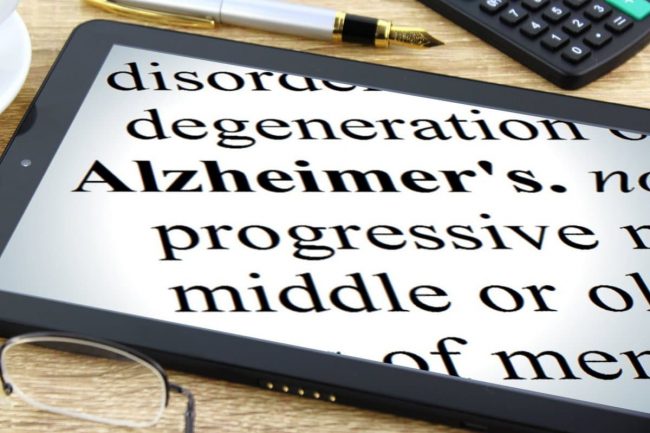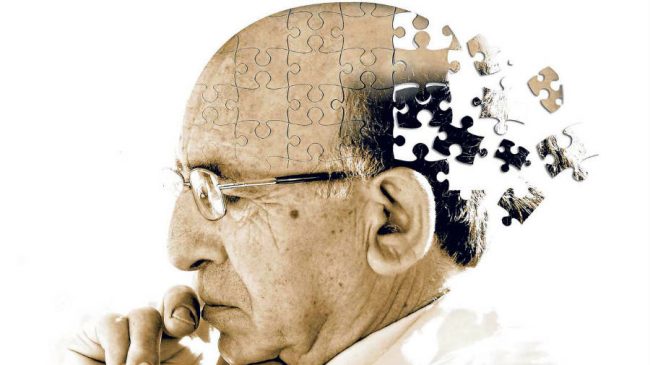The Stages of Alzheimer’s and Their Symptoms
Watching someone you love—whether it’s a parent, a spouse, or an old friend—struggle with Alzheimer’s disease is never easy. Once this irreversible condition takes hold, it progressively worsens as time passes. Symptoms of dementia, which can disrupt cognition, memory, and reasoning, are hallmarks of this disease. You can support your loved one by taking the







